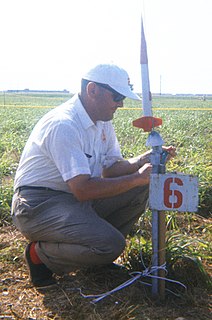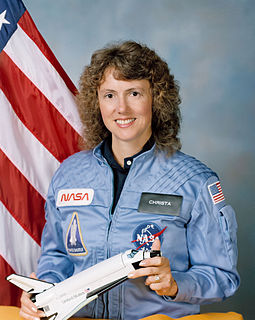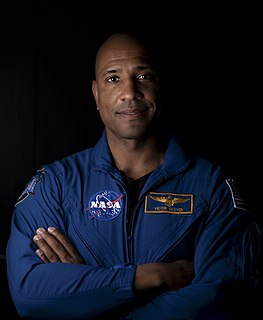A Quote by Alan Shepard
We're going to see passengers in space stations in 15 years, who will be able to buy a ticket and spend a weekend in space.
Related Quotes
Flight out of the atmosphere is a simple thing to do and should have been available to the public twenty years ago. Ten years from now, we will have space tourism where you will be able to see the black sky and the curvature of the earth. It will be the most exciting roller coaster ride you can buy.
The Americans are still the leaders in human space flight. I feel we have a danger here of kind of stagnating. We're kind of resting on our laurels and there's a danger going forward if we don't take bold steps to really support human space flight in this country that we could fall behind. After the space shuttle is retired, we're going to have a big gap, five to seven years, at least where we're not going to have the ability to send our own astronauts into space, we'll have to buy rides on the Russian Soyuz, and so that will be a pretty big step down for us.
Astronauts will remain the explorers, the pioneers-the first to go back to moon and on to Mars. But I think it's really important to make space space available to as many people as we can. It's going to be a while before we can launch people for less than $20 million a ticket. But that day is coming.
Market studies suggest space tourism-a rubbernecker's trip to earth orbit-is likely to draw 50,000 passengers a year if the ticket can be pushed below $25,000. That's what tens of thousands of people spend each year on competing trips, such as round-the-world cruises on luxury liners and adventure tours to Antarctica or Mount Everest.
Two years ago I focused on one apartment to see how many variations you can come up with in a given space with the same parameters. I would work on this repeatedly for days and you see that there is maybe seven hundred options for one space. This exercise gives you an idea of the degree at which you can interpret the organization of space, it is not infinite but it's very large.
By 1973, we had a space station, the Skylab, and we had multiple probes going up to planets. So, all this wonderful stuff happened in 10 to 15 years. About that time, there should have been enormous initiatives to make it affordable for people to fly in space, not just a handful of trained NASA astronauts and Russian cosmonauts.




























